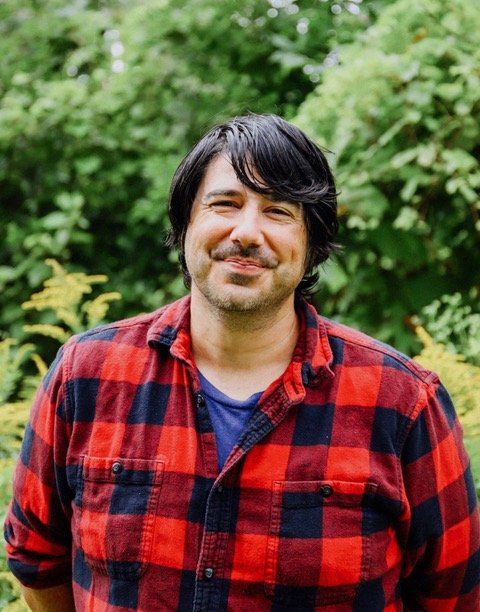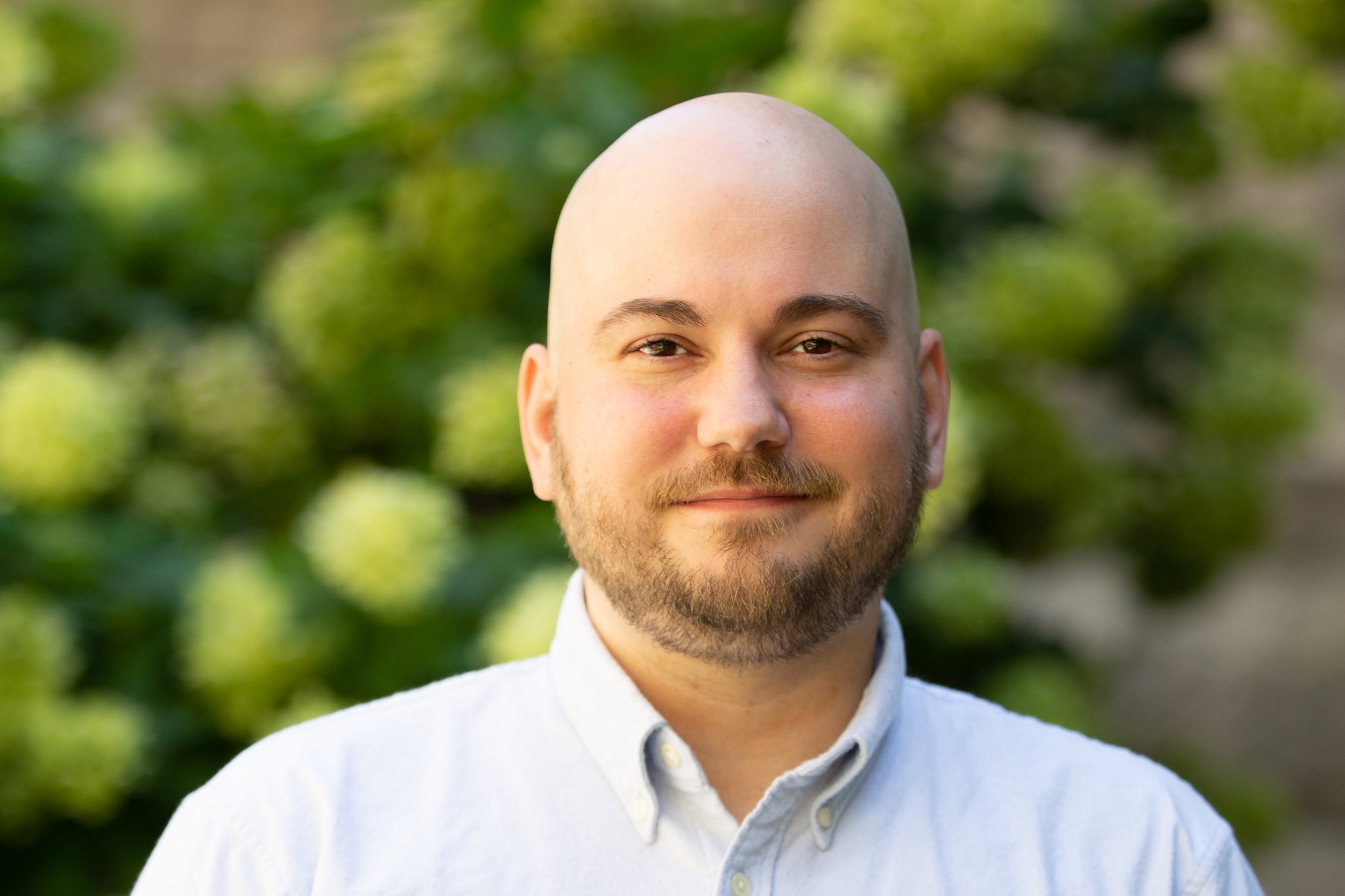Living in Minnesota, where winters are long and sunlight is scarce, Seasonal Affective Disorder (SAD) can feel like an uninvited guest for many. SAD is more than just disliking the cold—it’s a real condition that affects your mood and energy. The lack of sunlight during those gray, chilly months can lead to Vitamin D deficiency, which disrupts the brain’s ability to produce serotonin and other feel-good chemicals needed to maintain a healthy circadian rhythm.
Brightening Your Winter Days
Fortunately, there are ways to combat the winter blues and keep SAD at bay. Staying active is one of the most effective strategies. Physical activity—whether it’s a brisk walk, hitting the slopes for some winter sports, or simply spending time in nature—can boost your body’s production of serotonin and dopamine, those natural mood-lifters. Connecting with friends or loved ones during these activities can also work wonders for your mental health.
Another helpful tool is a SAD lamp, which mimics natural daylight to lift your mood. While these lamps can brighten your day, they don’t significantly increase Vitamin D production, so supplementation is highly recommended during Minnesota’s sun-starved winters. Consult with a healthcare provider to find the right dosage for you.
SAD in Summer? It Happens.
Though we often associate SAD with cold, dreary winters, it can also strike during the summer months. However, even a brief burst of warmth and sunshine—like those early spring days when the temperature hits 45°F—can feel like a lifeline. In Minnesota, you’ll see folks shedding their coats, donning t-shirts and shorts, and soaking up every ray of sunlight as soon as the weather turns. That hope and joy, which might have felt lost just a day before, start to creep back in, reminding us of the power of light and warmth.
Take the First Step
If you’re struggling with SAD or suspect you might be, you don’t have to face it alone. Our team is here to help. To schedule an appointment with one of our providers, contact our Front Office at 866-522-2472. Let’s work together to bring a little more light into your life, no matter the season.





















